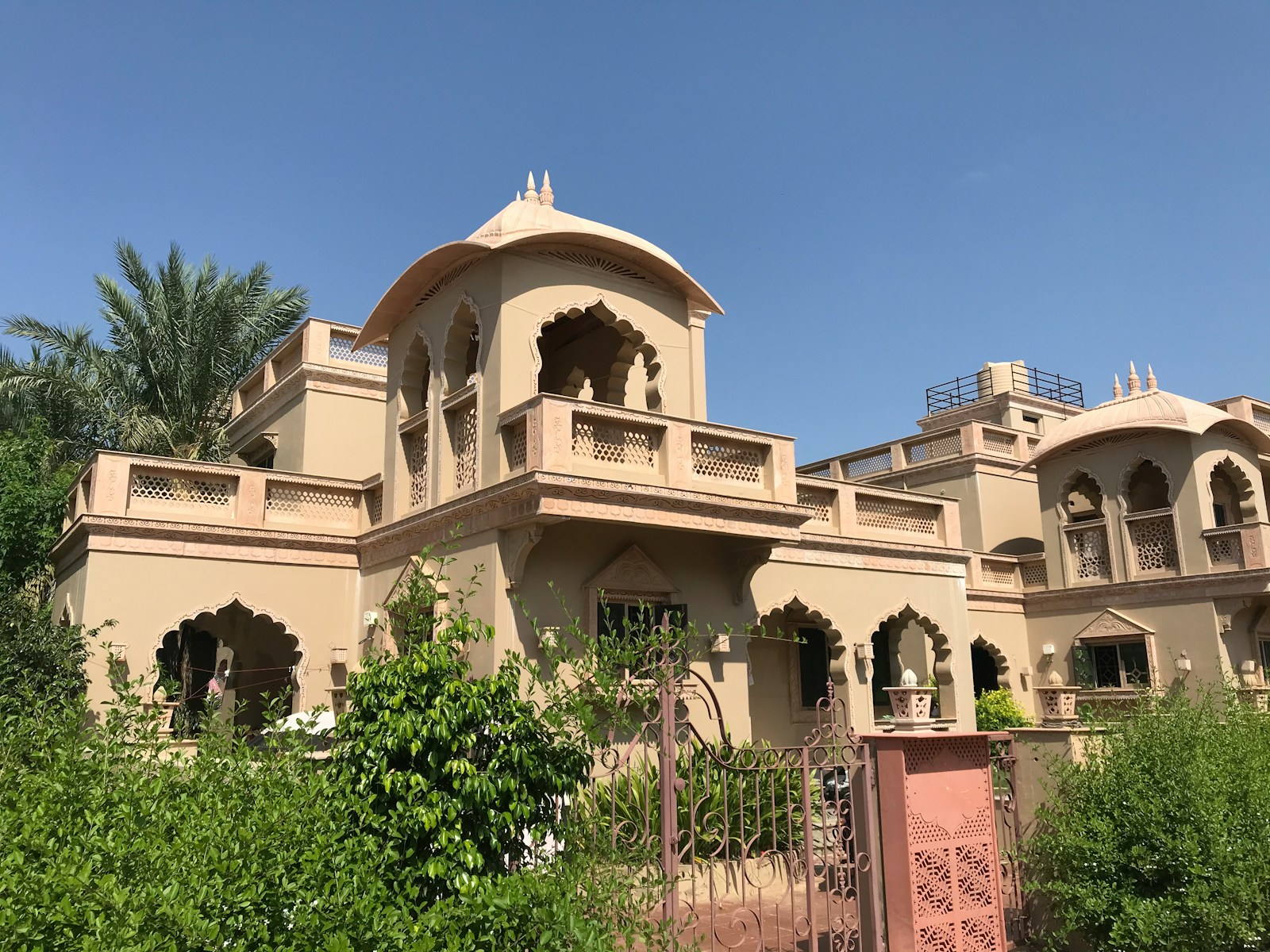Family Members Have First Right to Buy Ancestral Property, Says Bombay High Court

Facts
The dispute in the present case pertained to ancestral agricultural lands situated in Beed district, Maharashtra. The plaintiffs and the defendants belonged to a joint Hindu family descended from one Keshav. The plaintiffs (Selukar family) and defendants (Rathod family) were in joint possession and cultivation of the undivided family properties. After the death of Balkrishna, one branch of the family, namely defendants nos. 6 to 9, executed multiple sale deeds in 1989 transferring portions of the undivided joint property to outsider purchasers (defendants nos. 1 to 5).
The plaintiffs, claiming to be co-parceners, instituted Special Civil Suit No. 25 of 1990 seeking a declaration of their preferential right to acquire the property under Section 22 of the Hindu Succession Act, 1956, and a permanent injunction against the purchasers. They contended that the alienations were made without offering the property to them, thereby violating their right of pre-emption as Class I heirs.
The Trial Court decreed the suit in favour of the plaintiffs, recognising their preferential right and directing them to deposit the sale consideration within ninety days. Both parties preferred appeals: the defendants (purchasers) challenging the decree, and the plaintiffs disputing valuation and alleging fraud in the transactions.
Analysis
The primary questions before the High Court were whether the right of pre-emption under Section 22 could be exercised when some defendants were not Class I heirs, whether the purchasers could claim protection under Section 44 of the Transfer of Property Act, 1882, whether the lower courts had erred in extending the time for depositing the purchase money under Order XX Rule 14 of the Code of Civil Procedure, and whether it was necessary for the plaintiffs to first set aside the sale deeds.
Justice Shailesh P. Brahme observed that the suit lands were undivided joint family properties, and there was no partition by metes and bounds. Evidence and prior proceedings, notably R.C.S. No. 908 of 1987, confirmed the family’s joint possession. The Court held that since the properties were ancestral and undivided, the plaintiffs (sons of Balkrishna) and the uncles (defendants nos. 6 and 7) were co-parceners, thus standing on equal footing.
While Section 22 of the Hindu Succession Act technically refers to Class I heirs, the Court clarified that where the property remains undivided and the family continues to be joint, the right of pre-emption can extend to co-parceners who share a common ancestral interest. Consequently, the plaintiffs were entitled to acquire the undivided interest transferred to strangers.
On the issue of setting aside the sale deeds, the Court ruled that a separate declaration was unnecessary. Once the Court recognises the right of pre-emption and the plaintiffs deposit the consideration, title automatically vests in them from the date of such payment under Order XX Rule 14 CPC. Regarding the alleged extension of time, the Court held that the stay of the decree during appeal effectively suspended the obligation to pay, and hence, the appellate court rightly fixed a fresh ninety-day period post-adjudication.
Further, the purchasers’ reliance on Section 44 of the Transfer of Property Act was rejected. The Court noted that although they had purchased undivided shares, they had never sought partition,and therefore could not claim independent possession or protection under that provision.
Judgment
The High Court dismissed both Second Appeal No. 1705 of 2005 and Second Appeal No. 109 of 2014, affirming the concurrent findings of the Trial Court and the First Appellate Court. The decrees were confirmed, and the plaintiffs were directed to deposit the purchase price with 6% simple interest per annum from 31 December 1992 within ninety days from the date of judgment.
The Court upheld the plaintiffs’ right of pre-emption under Section 22 of the Hindu Succession Act, recognising that in cases involving undivided joint family property, the preferential right to acquire property can be exercised even where some heirs fall outside the technical classification of Class I, provided co-parcenary and joint possession are established.
This decision is significant in clarifying that the sale of an undivided share in joint family property to a stranger can be challenged by co-parceners, and setting aside of the sale deeds is not necessary once the preferential right is recognised and consideration paid. The judgment also underscores that the courts have discretion under Order XX Rule 14 CPC to adjust timelines where appellate proceedings delay execution of decrees.
For more details, write to us at: contact@indialaw.in
By entering the email address you agree to our Privacy Policy.



